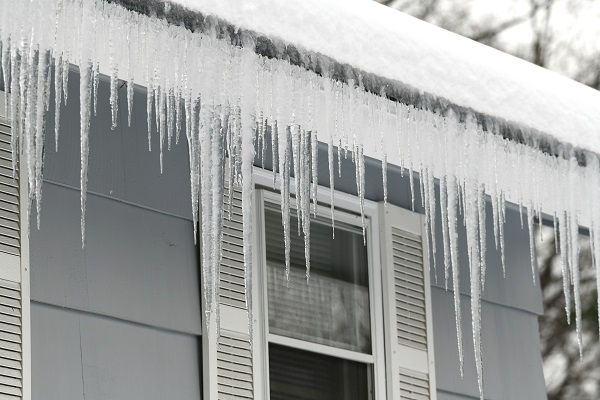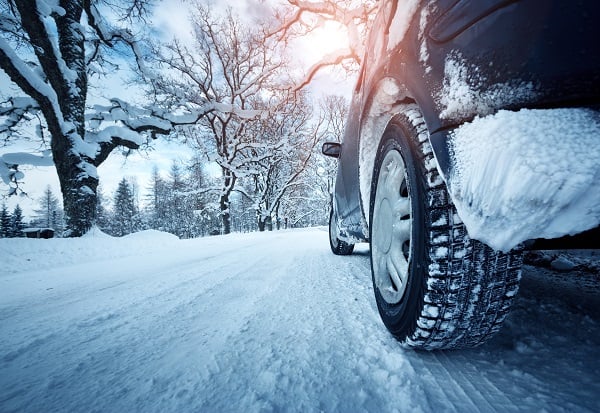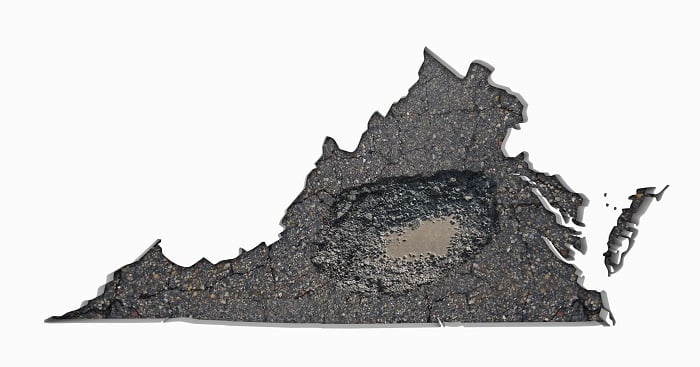
It's officially pothole season! As Virginia's fluctuating winter temperatures rise and fall, moisture in our roadways expands and contracts. The cycle of precipitation, road treatments, and the continual passing weight of heavy cars and trucks result in a bloom of car-eating craters!
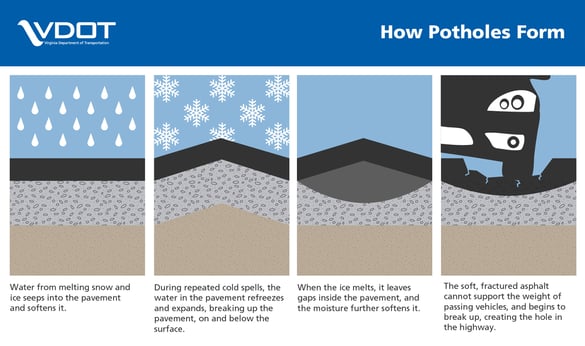
Can Potholes Damage Cars?
Potholes affect your driving and can result in significant wear and tear on your car. From dented rims and blown tires to damaged exhaust systems, potholes can cause major and minor damage. Our car insurance experts know a lot about coverage for pothole damage, but we also navigate the season as drivers in Virginia too! We have great tips to protect your car, report a pothole, and how insurance works with pothole damage.
How to Protect Your Car From Pothole Damage
To prevent damage to your car from potholes our car insurance claim team has these tips:
- Stay aware and look ahead for potholes to avoid.
- Slow down so potholes don't sneak up on you.
- Increase following distance behind the driver ahead.
- Stay away from puddles- there may be a pothole underneath.
- Report potholes when you see them.
- If you hit a pothole and then notice new noises or vibrations in your car, have it checked as soon as possible.
Maintain your tires
Have your tires inspected for regular maintenance by a trusted repair shop, especially before and after the winter weather season. Potholes can compromise your tire's internal steel belts leading to wobbly performance, vibration and imbalance, and uneven wear. While you're at it, have your wheel alignment assessed and corrected if needed. Having your tires inspected by experts is a great way to prevent pothole damage.
Check Your Tire Tread
The minimum tread depth recommended for safe winter driving is 6/32". Check your tread depth in the fall using a tire tread depth gauge to see if your tires will provide traction throughout winter and support for those nasty potholes in the spring. This may prevent a dangerous blowout.
Check Your Tire Pressure
Routinely check your tire pressure throughout the winter. The same fluctuating temperatures that wreak havoc on asphalt can cause your car's tires to lose pressure. Ensure they are inflated to the manufacturer's recommended levels and add air to your tires if needed. You can find the proper air pressure on a sticker on the driver's door jamb or in the owner's manual. Do not use the pressure levels stamped on the sidewall of the tire.
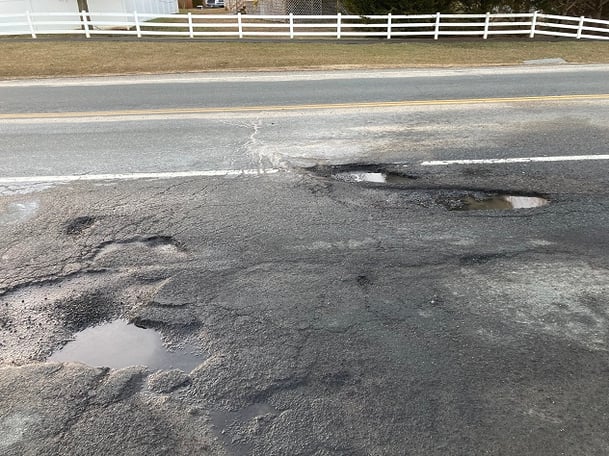
How to Report a Pothole
The Virginia Department of Transportation has a helpful webpage for potholes on state-maintained roadways. There you can get many questions answered, report a pothole, and even submit a damage claim. You can also call 1-800-FOR-ROAD (1-800-367-7623). VDOT is committed to patching potholes as soon as possible, especially those in travel lanes.
If the pothole is in a city, town, or Arlington or Henrico counties, you should report it to the public works department in that location.
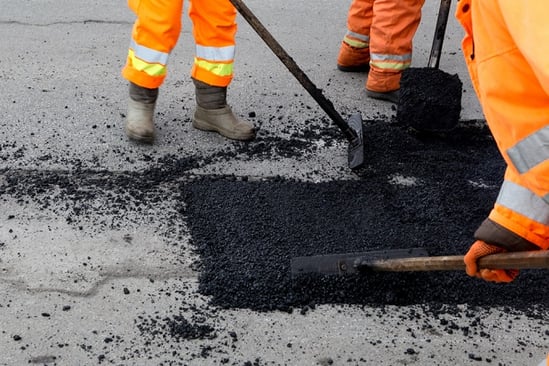
If you choose to submit a claim to VDOT, reimbursement is not guaranteed and there is a formal process in place. They will investigate the incident and the history of the case. They will also determine if road crews had reasonable time to repair the pothole from when it was identified to when the damage occurred.
Here's what documentation you'll need:
- Photos of damage
- Photos of potholes and road
- Written estimates and receipts for repairs
- Any other supporting documentation
Does Car Insurance Cover Pothole Damage?
To understand the relationship between potholes and your car insurance, consider the responsibility of car maintenance. There's a good chance your tires will withstand the brunt of a pothole if they are correctly maintained.
Collision car insurance can provide coverage if you hit a pothole if the damage involves more than just your tire. A bent wheel, displaced struts, or ruptured ball joints are a few examples of damage that will qualify as a covered claim. And the good news is your tire will be covered as well in this case, with possible depreciation for wear. In other words, you may not get money for a brand-new tire if the tire that was damaged had noticeable signs of mileage.
Factor in your collision deductible
The deductible is the portion of the claim you pay. It may or may not be greater than the repair bill. If the cost is greater, it may make more sense to pay for the repair yourself rather than report the claim.
Stay safe this spring on Virginia's roadways. Remember to protect our transportation professionals by slowing down, yielding, and moving over when you see VDOT at work!
Learn more about car insurance in Virginia

